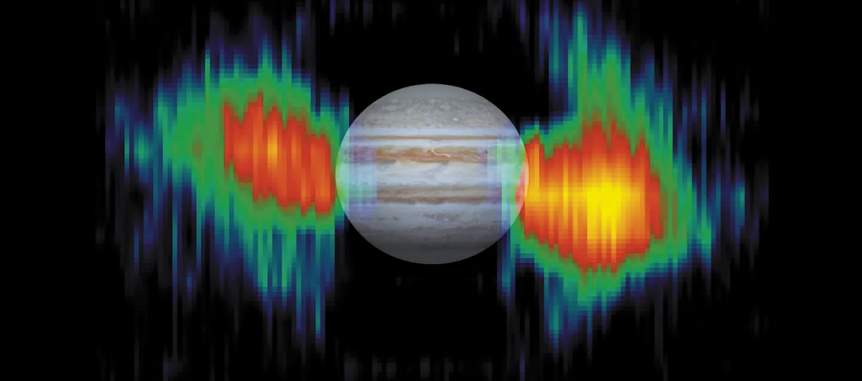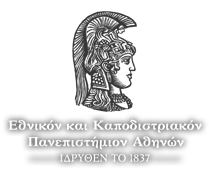Date and Time: 12 June 2024, 6pm (11 am EST)
Connection information:
https://us02web.zoom.us/j/87407934599?pwd=Q0lVRk55NXB6U2VsNTc2Nk9rbkkrdz09
Speaker: Dr. Elias Roussos (Max Planck Institute for Solar System Research, Germany)
Title: Measuring Jupiter’s extreme particle radiation environment: challenges and solutions

Abstract: Jupiter is a planet of superlatives and its magnetosphere is no exception to that. The planet’s giant magnetosphere, generated by a magnetic field 20000 times stronger than that of the Earth, acts also as a very powerful charged particle accelerator, giving rise to the most hazardous particle radiation environment in our solar system: Jupiter’s radiation belts. The radiation belts of Jupiter trap a diverse mix of particles species (electrons, protons, heavy ions) with energies characteristic for galactic cosmic rays, albeit at intensities many orders of magnitude higher than the latter. How these radiation belts end up being so energetic and so intense is a decades-long reigning mystery, in part because their measurement presents us with numerous scientific and technical challenges. What our existing measurements indicate is that the fundamental space physics processes and their synergies that operate at Jupiter’s belts, such as particle acceleration, transport and loss, are unparalleled in our solar system and could offer us insights into the dynamics of astrophysical, extrasolar magnetospheres that we can only probe remotely. In this presentation I will briefly introduce what makes Jupiter’s radiation belts so unique and the current state of our understanding, before focusing on how future missions, instruments and measurement strategies will help us probe this unique system in depth.
